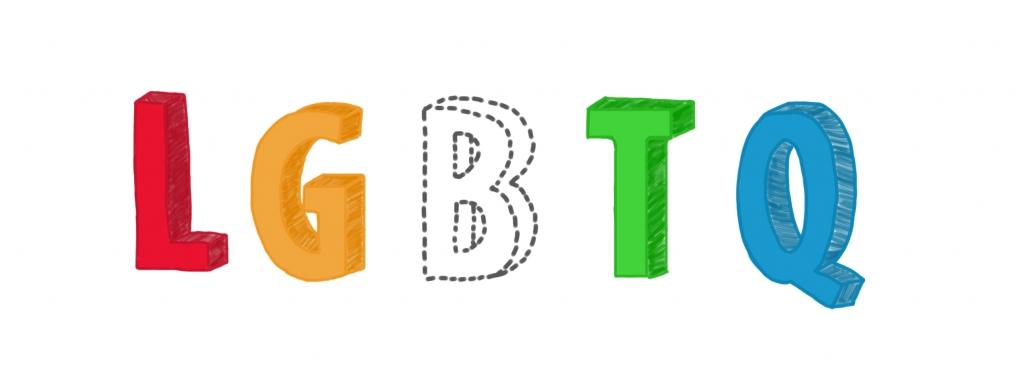Pride is the word most often associated with LGBTQ+ movements and communities around the world. The magnificence of the word is in how it succinctly captures the feeling that no matter who you are, you can be yourself without feeling ashamed of your lifestyle.
While the motto of pride is embraced by much of the LGBTQ+ community, our society still makes it hard for many groups to feel proud of their identities. One of these is the bisexual community.
Too often, bi individuals (who are attracted to two or more genders) are illegitimized for either not being “gay enough” or not being “straight enough.” This erasure of bi identity manifests itself in forms ranging from jokes to more serious harassment.
Dispelling the myths about bi people is the first step to combatting bi erasure. The main misconceptions I’ve encountered in my life are different iterations of the idea that bisexuality isn’t a genuine orientation.
I’ve heard that bi people are just going through a phase, and that bisexuality is just a stage on the journey to homosexuality or heterosexuality.
Less blatant, but still damaging, is the practice of calling bi people “gay” when they’re in a same-sex relationship. Statements like this are often not intended to undermine bisexuality, but that’s the implicit message that’s sent to me and other bi individuals.
Both of these phenomena I’ve seen occur in the relatively progressive, tolerant Palo Alto, which shows how pervasive bi erasure still is.
Before coming out as bi, I’d met several openly gay men and women and some openly bi women, but never an openly bisexual man. And it appears I’m not the only one who’s had that experience. According to a 2017 Pew Research Center survey, only 28 percent of bi people reported being out to the most important people in their lives, while that rate was over 70 percent for gays and lesbians. It also found that bi men were less than half as likely as bi women to be open about their sexuality.
And while studies from Pew Research and the Williams Institute both conclude that bi people make up nearly half of all LGBTQ+ individuals, it certainly doesn’t feel that way. Before I recognized my own bisexuality, the lack of bi visibility in pop culture and my surrounding communities added extra doubt to the already uncertain process of grappling with my identity.
When bi people feel that society won’t accept them, they become less likely to seek special care and support. According to LGBTQ+ advocacy group Human Rights Campaign, 39 percent of bi men and 33 percent of bi women surveyed reported not disclosing their sexuality to any medical provider. That’s far higher than the 13 percent of gay men and 10 percent of lesbians who said the same.
HRC also reports that bisexuals experience higher rates of anxiety, depression and mental illnesses than gays and lesbians, who already suffer from higher rates of mental health issues than straight people.
The beauty of queerness is the rejection of the binary “either-or” way of thinking, so when some put bi people into straight or gay boxes, they perpetuate this rigid philosophy.
To me, part of the beauty of queerness is the rejection of the binary “either-or” way of thinking when it comes to gender and sexuality. When allies of the homosexual community try to put bi people into “straight” or “gay” boxes, they perpetuate this rigid philosophy.
Society must grant bi people the respect they deserve in order to solve the unique health challenges faced by our community and reject this archaic black-and-white view of sexuality.
As high schoolers, we can set the tone of society and bring along social change as we age. It’s our responsibility to spread the understanding that all sexuality is a spectrum, including homosexuality, heterosexuality, bisexuality and everything in between and beyond. To do that, bi people and allies must continue to speak up, and once the rest of the world starts listening, I can truly have pride.





